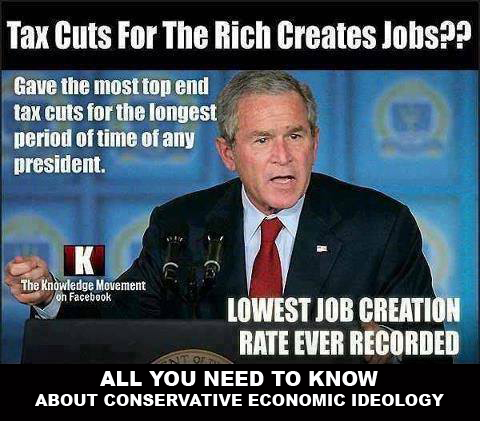
You're funny. You say that I'm denying
something, but it seems you can't verbalize what it is you
think I'm denying.
You're just a fucking liar, you spent the whole thread not only denying the fact that the government obviously has no way of collecting accurate data, .
You seem to confuse anything less than 100% accuracy with being completely inaccurate. I'm not sure why you think not being able to survey the 0.6 million homeless, out of a total population of over 320 million fatally flaws the data.
And of course a survey isn't 100 percent accurate, but a 3% margin of error for Unemployment level and a 0.2 percentage point error for the UE rate is not bad and it's silly to say that's not accurate.
Three percent of what?
Oh, I'm sorry, I thought you would understand basic math or statistics.
BLS estimates, that for the week of 7-13 December, 2014, there were 8,331,000 people in America who did not work, but who had looked for work between November 16 and December 13. Sample error was estimated at a Standard Error of 157,006. At a 90% confidence interval, that's a margin of error of 1.645 Standard Errors, so the margin of error at 90% confidence is 8,331,000 +/- 258,274 or +/- 3.1% In other words, if you redid the survey over and over resampling and resampling, 90% of the time the result would be somewhere between 8.1 million and 8.6 million Unemployed.
Three percent of the people who are never included in surveys? Three percent of homeless, indigent, and migrant people. Maybe you don't quite realize how ridiculous you sound right now.
Again, The National Alliance to End Homelessness estimated that in 2013 there were approximately 610,000 Homeless. Those who are couch-surfing or otherwise temporarily stating with friends or family will be included in the survey. Many of the homeless, sadly, are children under 15 who would be excluded from the survey anyway. Some of the homeless do work, and so would be counted as employed. Of those that remain,I would doubt that a large percent looked for work, though undoubtedly some did.
The point is that though of course it would be nice to include everyone in the survey, that's not possible as a practical matter, and the number of people excluded from the survey due to homelessness is very unlikely to affect the total numbers.
If half of the homeless fit the definition of Unemployed, that would raise the rate from 5.6% to 5.6%, which is not statistically significant (since the rate is +/-.2 percentage points anyway).
This of course no judgement or attempt to ignore or marginalize the Homeless.



